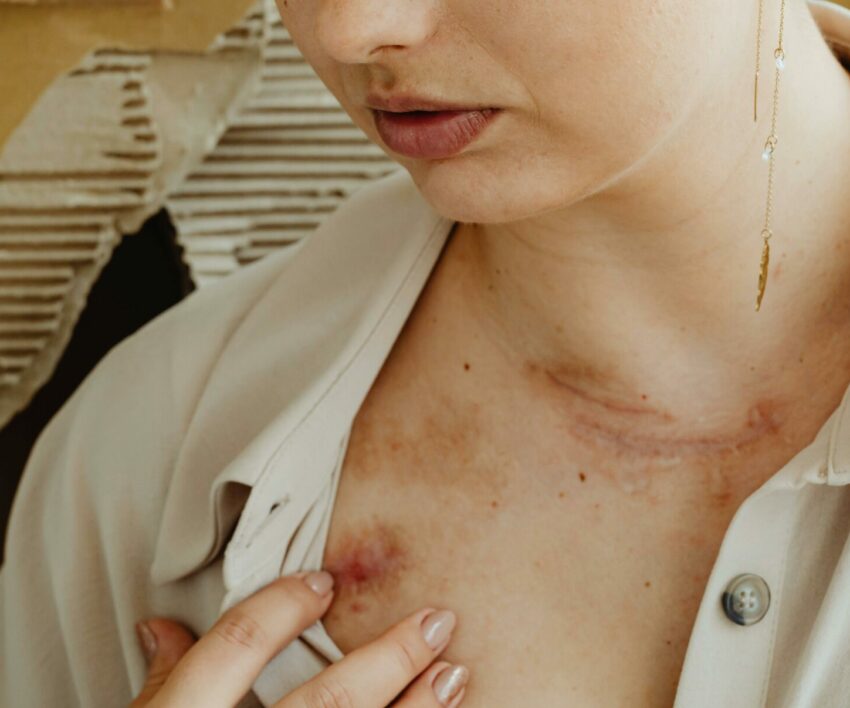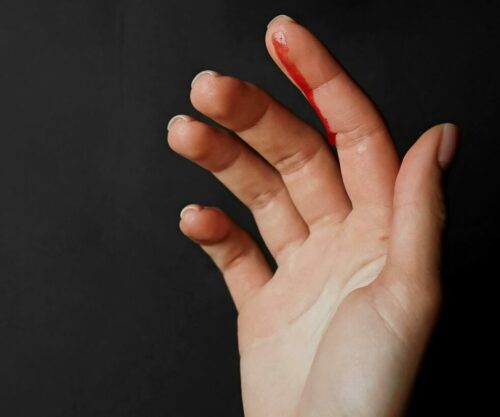
We seem to have finally entered the warm season and people are slowly gearing themselves up to play outside. This is supposed to be a joyous time where you let loose and enjoy the sun baking your skin but for people with eczema, this only triggers skin rashes.
I know this for sure because my son and little sister have eczema and just after a few hours of exposure to the sun, they always need to take a shower and smear themselves with lots of eczema creams. Story of their lives.
However, it doesn’t have to be all that bad every time, there are strategies suggested by health publications that can make life easier for victims of this condition. The Buzz RX states that to prevent eczema flare-ups in hot temperatures you need to wear loose-fitting, breathable clothing, stay hydrated, and cool, and store body lotions in the fridge to help cool your skin when you apply them.
It is further advised that you moisturise after swimming, use cooling towels, and avoid harsh soaps, and cleansers. “Pat your skin dry instead of rubbing it after a shower and use a moisturiser every day to protect your skin, as it acts as a barrier against environmental triggers. Avoid doing strenuous activities outdoors during the daytime. Stick to going outdoors in the early mornings and evenings when it’s cooler.”
According to the American Academy of Dermatology Association, eczema flare-ups can be managed with various treatments, including over-the-counter moisturisers, hydrocortisone creams, allergy pills, topical corticosteroids, oral medications, phototherapy, and biologics.
The above Association claims that dermatologists can recommend allergy pills, topical corticosteroids, and oral medications to calm the immune system and reduce inflammation. “For especially persistent cases, phototherapy, which uses certain forms of ultraviolet light to treat eczema, may be effective. And not long ago, a biologic — a new, highly targeted type of medication made from living tissues — was approved for eczema.”
Eczema treatments can be tailored to individual symptoms, age, family history, health problems, and lifestyle, adds WebMD. For severe outbreaks, the publication states that a wet bandage and light therapy may be used and injectables like dupilumab or tralokinumab can be prescribed for moderate to severe eczema.
Also see: Should you consider taking a bleach bath to treat your eczema?




